Sure, popping a pill seems like a convenient solution to suppress the symptoms of a Functional Brain Disorder. But do these drugs even work? And at what long-term cost? Is Neurotherapy with Neurofeedback Training a better way to solve the underlying problems in the Brain?
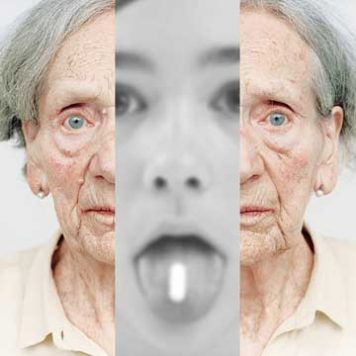
Functional Brain Disorders are not infectious diseases that can be “cured” with pharmaceuticals. The advertised effectiveness of Brain drugs for the suppression of symptoms is fiercely debated between experts. Let’s agree that psycho-drugs in general are — at best — like a temporary crutch: They help you limp, hinder you walking and stop you from running.
That leaves us with dependence, side effects and long term risks. Studies have now emerged that show a significantly increased risk of Alzheimer’s and Dementia for some Brain drugs; and it may be true for most of them.
When there is something wrong with our laptop or desktop computer, we call that a computer bug. We might even think that it’s a “real pest”, when our communication equipment isn’t working as designed.
And still, nobody in his right mind would expect that an exterminator could fix that with toxic chemicals. Everybody understands that a computer “bug” is faulty electrical computer activity — and not an infestation with living organisms like termites and cockroaches, right?


When you are struck down by an infectious disease, you need to see a doctor. A laboratory test (e.g. blood, urine, stool) will identify the bug or pathogen (bacterium, virus, fungus …) and determine the diagnosis.
In contrast to bug-infested houses, people usually don’t get sprayed. Instead, diseased humans take • anti-bacterial • anti-viral •anti-fungal medication to kill the bug that caused the disease. Lucky for us, pharma medicine is quite good at “pestilence control“.
According to the so-called Medical Model, “health is the absence of disease”. Thanks to clean water, sufficient food and effective meds, hardly anyone in the Western world dies of Typhoid Fever or Smallpox anymore.
Running out of diseased customers, the pharma-medical industry now has to apply the Medical Model to any condition of human unwell-being. So, it has become common practice to label every available complaint as a “disease” and blame it on “genetics”. Money makes people lie.

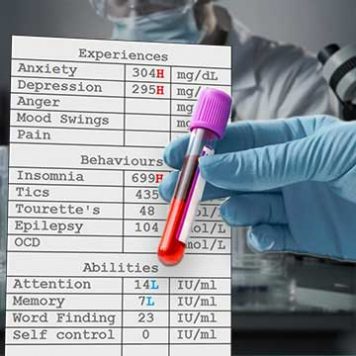
However, there are health conditions • that are not caused by infections • that don’t show up in lab tests • that have more than just one cause.
When health is not in order, but there is no bug to kill with drugs, the condition is better named disorder; for example:
• Body: Metabolic or Immune Disorders
• Mind: Personality Disorders
• Brain: Functional Brain Disorders
All our human abilities, behaviours and experiences are generated by electrical activity in our Brains. And so it shouldn’t come as a surprise that faulty Brain activity leads to • unwanted experiences • bothersome behaviours and • substandard abilities (= Functional Brain Disorders).
When there is a glitch in the Brain, analogue to a computer bug, there is no point in “spraying” the whole Brain with pharma-chemicals, as Brain functions are largely determined by localised electrical activity.

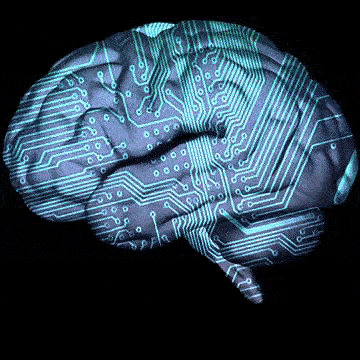
Diffusion Tensor Imaging (DTI) shows us the structure of the connections in our Brains, while fMRI, QEEG and LoRETA reveal the function of the networks which are the basis of our abilities, behaviours and experiences.
Therefore, instead of accepting stigmatising labels like “psychosomatic” or “mental illness”, patients and health professionals should rather understand that Functional Brain Disorders are caused by faulty electrical Brain activity that can be renormalised with Neurotherapy.
Sometimes, drugs can be helpful to temporarily curb the symptoms of a Functional Brain Disorder. However, as patients, we should keep in mind that the pharma-medical industry is neither willing nor capable of fixing the faulty circuits in our brains that make us miserable.
Neurotherapy is the logical tool to retrain and renormalise faulty Brain activity — safe, non-invasive and drug-free. Therefore: Why Neurotherapy? Because it’s the best therapy for Functional Brain Disorders, — duh.
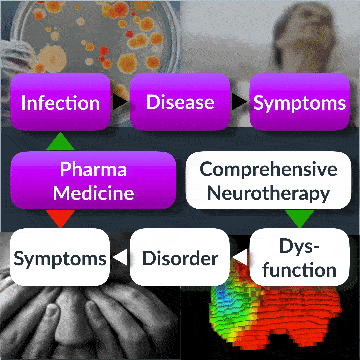
You’re probably
scratching your head
wondering:
Or is it that
you can’t wait
to find out:
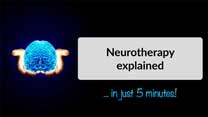
THE MIGRAINE REVOLUTION is a Scientific Patient Guide about the comprehensive rehabilitation of Migraine, a Functional Brain Disorder.
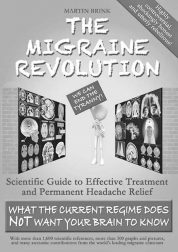
Neurotherapy Practice
32 Lawley Crescent
Pacific Pines — Gold Coast
Queensland 4226
Australia